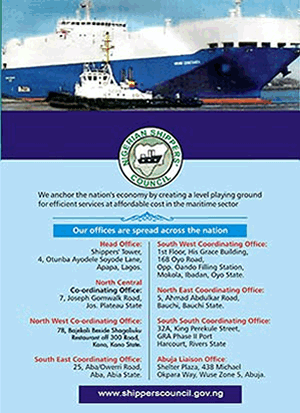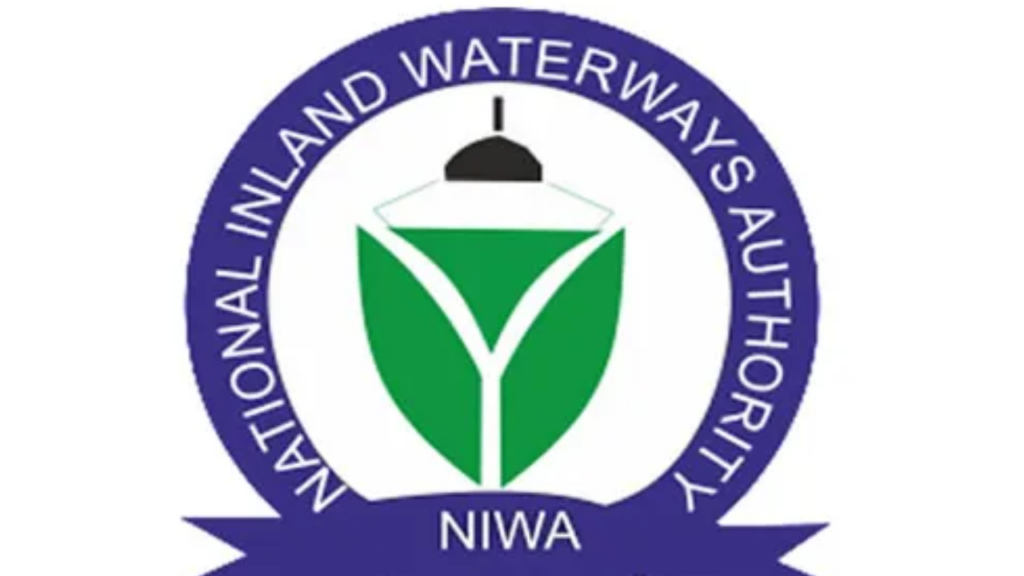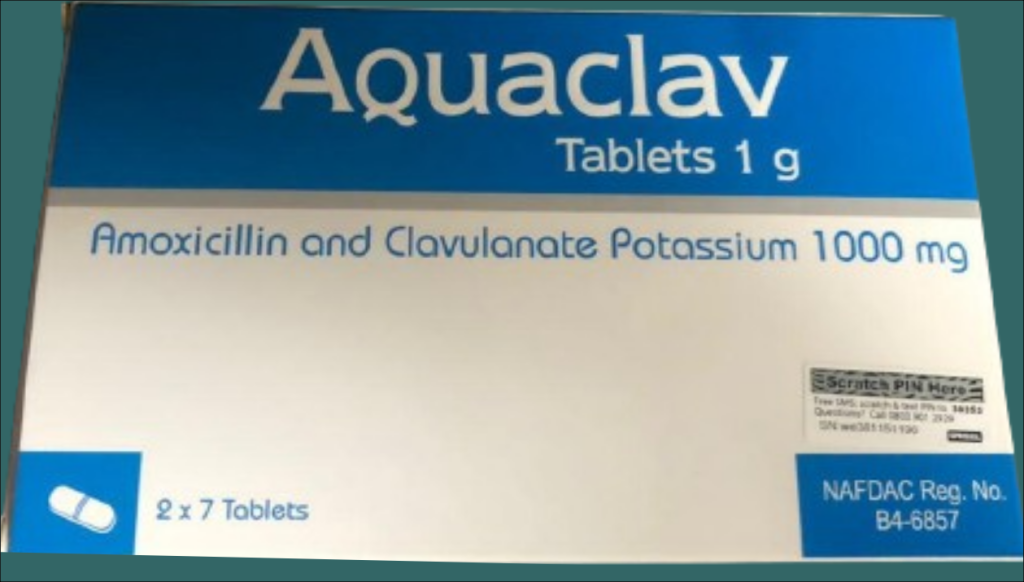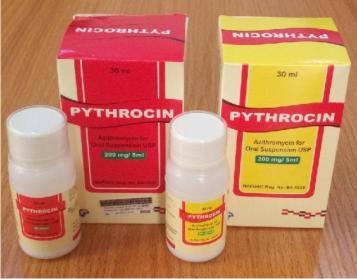

By Godwin Obi
The Nigerian Maritime Administration and Safety Agency (NIMASA) has come under fire for sending cadets to low-quality maritime institutions abroad through its National Seafarers Welfare Development Programme (NSDP). Stakeholders at the PortNews Summit 2024, held at the Rockview Hotel in Apapa, Lagos, have called for a reevaluation of this policy, urging the agency to channel resources toward strengthening local maritime training institutions.
“Half-Baked Seafarers” and Misplaced Priorities
Chartered Master Mariner Capt. Kunle Olayiwola was particularly critical of NIMASA’s reliance on foreign academies, notably in countries like the Philippines and India. He described these schools as “mushroom maritime colleges” that leave Nigerian cadets inadequately trained for the demands of modern seafaring.
“Many cadets return as half-baked seafarers, unfit for international waters,” said Capt. Olayiwola, a retired NIMASA staff member. He emphasized that the Maritime Academy of Nigeria (MAN), Oron, was originally established to train seafarers locally and should be prioritized.
“When I trained abroad, it was because local opportunities were limited. Today, Nigeria boasts professionals with international certifications from top institutions in the UK, Australia, and Singapore. It’s time we invested in developing our own infrastructure, like MAN Oron, instead of outsourcing training to substandard foreign institutions,” he said.

Capt. Olayiwola further urged NIMASA to engage foreign shipowners operating in Nigerian waters to provide sea-time opportunities for cadets, a crucial step in their professional development.
The Mockery of Maritime Training
Former Minister of Interior and veteran mariner, Capt. Emmanuel Ihenacho, echoed these sentiments, describing NIMASA’s NSDP program as a “mockery” of Nigeria’s maritime potential.
“One of the biggest issues in our maritime capacity development is the lack of sea-time for cadets,” said Capt. Ihenacho. While some have argued for providing training vessels, he clarified that owning trading vessels is unnecessary for institutions to produce skilled seafarers.
“Sea-time requires fully operational trading ships, not small training vessels. By sending cadets to countries like India and the Philippines, we undermine the credibility of our own professionals and waste resources on institutions that don’t even train their own cadets to high standards,” he noted.
Building a Stronger Local Fleet
Capt. Ihenacho called for a national strategy to create a fleet of Nigerian-registered vessels, which could provide much-needed sea-time and practical experience for local cadets. He also emphasized the importance of learning from the failures of past initiatives, such as the Nigerian National Shipping Line and Nigerian Unity Line, which collapsed due to poor planning and mismanagement.
“Institutions like MAN Oron have the potential to meet international standards if properly managed. The focus should be on aligning them with International Maritime Organization (IMO) accreditation to issue globally recognized certifications,” he said.
The Way Forward
Both stakeholders agreed that developing local institutions is not just a matter of national pride but a strategic move to ensure the sustainability of Nigeria’s maritime industry. The resources currently funneled into foreign academies could transform institutions like the Maritime Academy of Nigeria and the Maritime University of Nigeria into world-class training centers.
“It’s time to stop outsourcing our future and start investing in our own,” Capt. Olayiwola concluded.
The call to action at the PortNews Summit 2024 was clear: NIMASA must shift its focus from foreign academies to local capacity building, ensuring that Nigerian cadets are trained to compete on the global stage.
ADVERTISEMENTS













Pythrocin distributed by Pinnacle Health Pharmaceuticals Ltd





